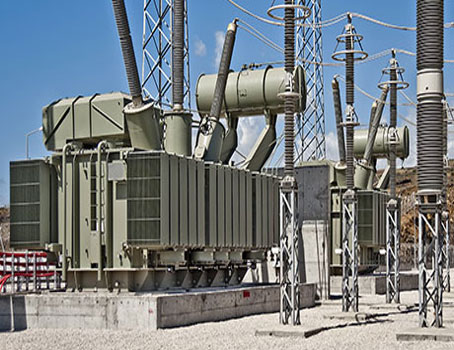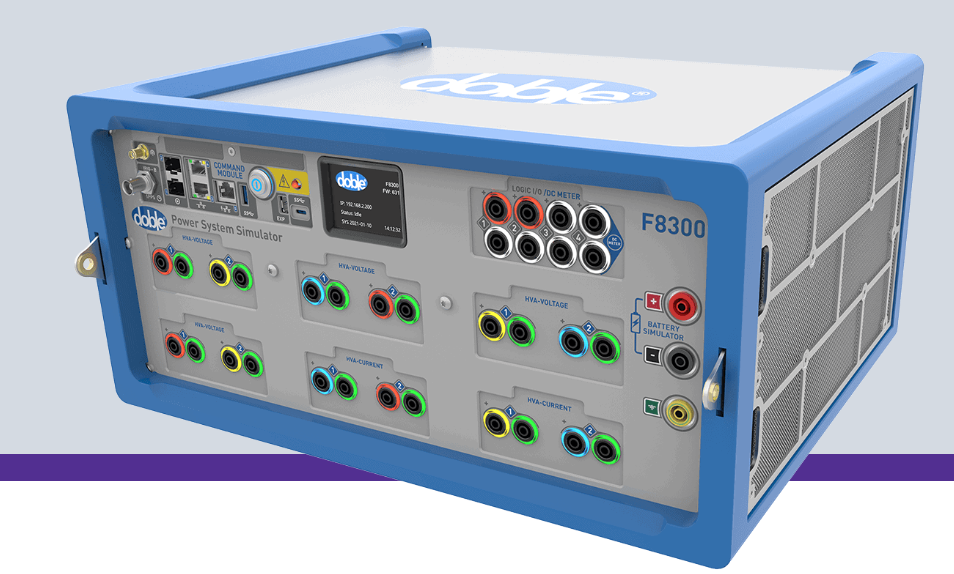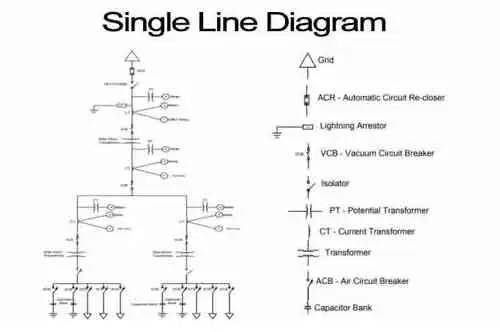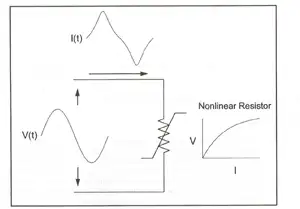Electricity Meter
By Frank Baker, Associate Editor
An electricity meter measures electrical energy consumption in homes, businesses, and industries. Also called a power meter or energy meter, it records kilowatt-hours, supports billing, monitors usage patterns, and ensures accurate tracking of electrical load.
What is an Electricity Meter?
An electricity meter is a vital device that utility companies use to measure the amount of electric power consumed by a household or business.
✅ Tracks consumption in kilowatt-hours (kWh) for accurate billing
✅ Monitors load, efficiency, and usage trends over time
✅ Essential for power distribution, energy management, and safety
It provides valuable data that helps both consumers and utility companies monitor power consumption, leading to improved energy management and more accurate billing.
How does an electricity meter work?
It measures the amount of power a household or business consumes, typically in kilowatt-hours (kWh). It records usage over time, allowing utility companies to bill customers accordingly.
Various types exist to suit different applications. The most common include:
-
Electromechanical meters (kWh) with a rotating aluminum disc that measures energy flow.
-
Digital meters that display consumption on an electronic screen.
-
Smart meters are advanced digital devices that automatically transmit usage data to the utility.
Smart meters are central to the smart grid, a modernized system designed to improve the efficiency and reliability of power distribution. With a smart device, consumers can access real-time information about their usage while utilities can implement time-of-use billing to encourage energy conservation during peak hours.
Net Metering & Solar Export Meters
For households with solar panels or other distributed energy sources, net recorders facilitate two-way power flow. They measure both the electrical energy consumed from the grid and the power exported back to it. This enables net metering programs, allowing consumers to earn credits or payments for surplus energy, making the adoption of renewable energy more cost-effective.
Communication & Technology Behind Smart Meters
Smart meters are part of the Advanced Metering Infrastructure (AMI), which utilizes communication networks, including RF mesh, cellular, and power line communication (PLC), to securely transmit usage data to the utility. This connectivity enables demand response programs, remote disconnections, and predictive maintenance, while providing consumers with detailed insights via apps and dashboards.
How do I read my Electricity Meter?
Reading your device may seem complicated, but it’s straightforward:
-
Electromechanical types use dials. Read each from left to right, taking the lower number if the pointer is between two digits.
-
Digital types display readings directly on an LCD screen, often cycling through consumption, demand, and tariff data.
Some utilities also offer web portals or mobile apps that allow consumers to track their daily or hourly usage.
How can I check if my Electricity Meter is accurate?
To test accuracy, turn off all appliances and observe whether the recorder continues to record consumption. If it does, contact your utility for a professional inspection. Most utilities are required by regulation to maintain meter accuracy within specific tolerances defined by ANSI or IEC standards.
One innovation is the prepaid electricity meter, where consumers pay in advance for power. Once the credit is exhausted, the supply is disconnected until it is recharged. This approach enables households to budget more effectively and promotes conscious energy use.
Security & Privacy in Modern Meters
Electricity meter tampering is a significant concern for utilities. Attempts to reduce recorded consumption can lead to safety hazards and financial losses. Modern recorders include anti-tamper seals, encrypted communication, and intrusion detection to protect data integrity and ensure accurate billing. Utilities also conduct regular inspections to detect and prevent fraud.
What is a Smart Electricity Meter, and how does it differ?
It is a digital device that provides real-time usage data, supports two-way communication, and integrates with the smart grid. Unlike traditional recorders, it enables:
-
Automated reading
-
Dynamic tariffs and demand response
-
Access to consumer dashboards, apps, and alerts
These capabilities enhance billing accuracy, empower consumers to lower their energy costs, and facilitate a more flexible and sustainable grid.
Market Adoption & Trends
Smart meter adoption is growing worldwide. According to industry reports, over 1 billion smart meters have been deployed globally, with continued growth expected in North America, Europe, and Asia. In Canada, utilities like BC Hydro have rolled out smart meters to millions of customers, aiming for more reliable service and reduced outages.
Pros, Cons, and Challenges
Electricity meters offer several clear benefits, including accurate billing, improved energy management, integration with renewable energy sources, and reduced costs associated with manual meter reading. However, challenges include upfront costs, connectivity issues, consumer privacy concerns, and potential inaccuracies if meters drift out of calibration. Addressing these ensures the technology continues to deliver long-term benefits.
The Role of Electricity Meters in Energy Management
Understanding how they work, how to read them, and the different types available helps consumers make informed decisions about their energy usage. By verifying accuracy, adopting advanced technologies such as smart and prepaid meters, and utilizing apps and dashboards, households and businesses can gain greater control over their energy costs.
Ultimately, electricity meters are not just billing devices—they are gateways to improved efficiency, consumer empowerment, and a sustainable energy future.
Frequently Asked Questions
Can I read my smart meter remotely?
Yes. Most enable consumers to view their data via apps or online dashboards provided by their utilities.
How accurate are they?
They must comply with standards like ANSI C12 or IEC 62053, ensuring accuracy within strict tolerances.
What happens if it fails?
If it malfunctions, utilities are legally required to replace it and may use historical usage patterns for interim billing.
Related Articles











_1497173102.webp)
